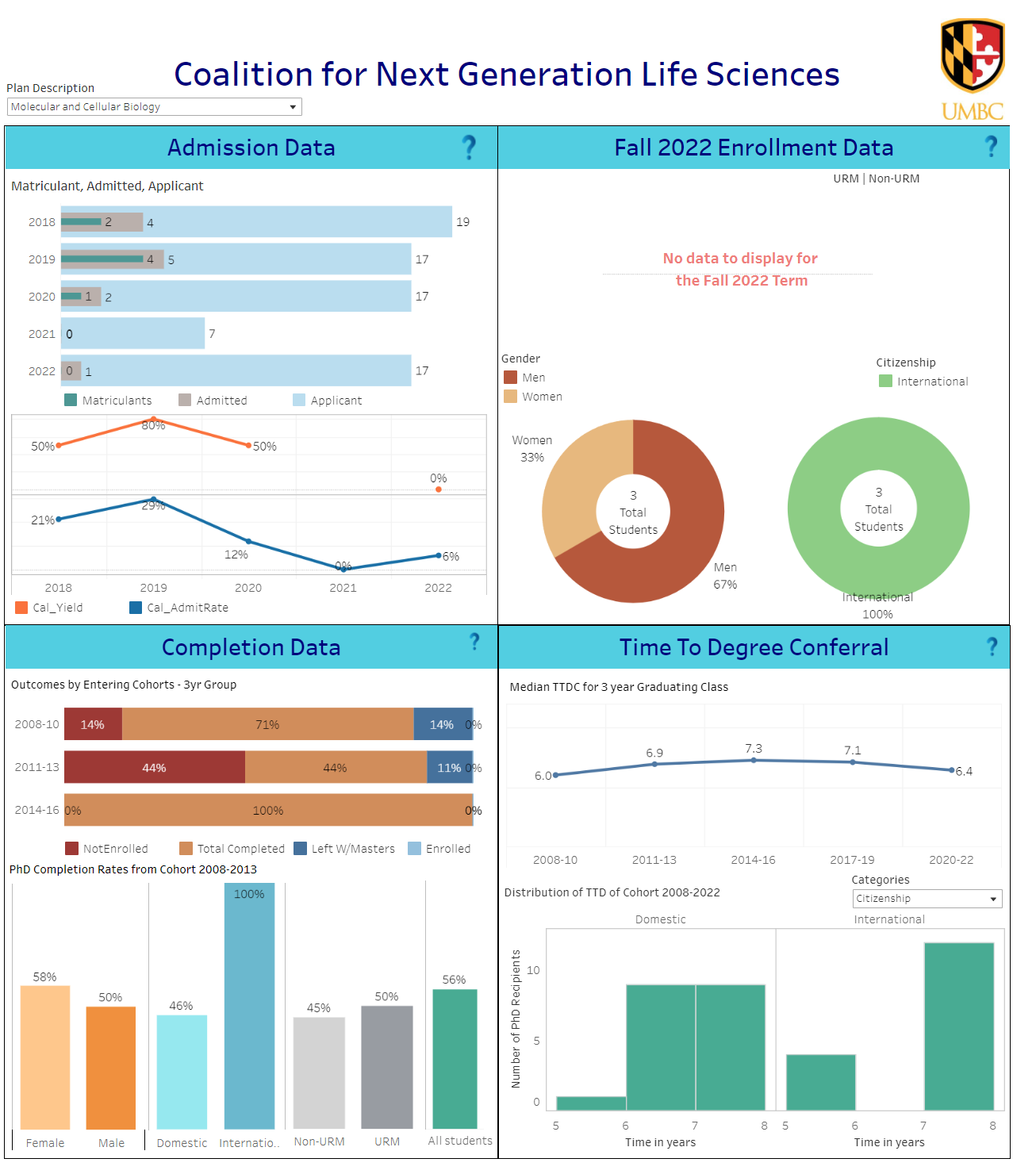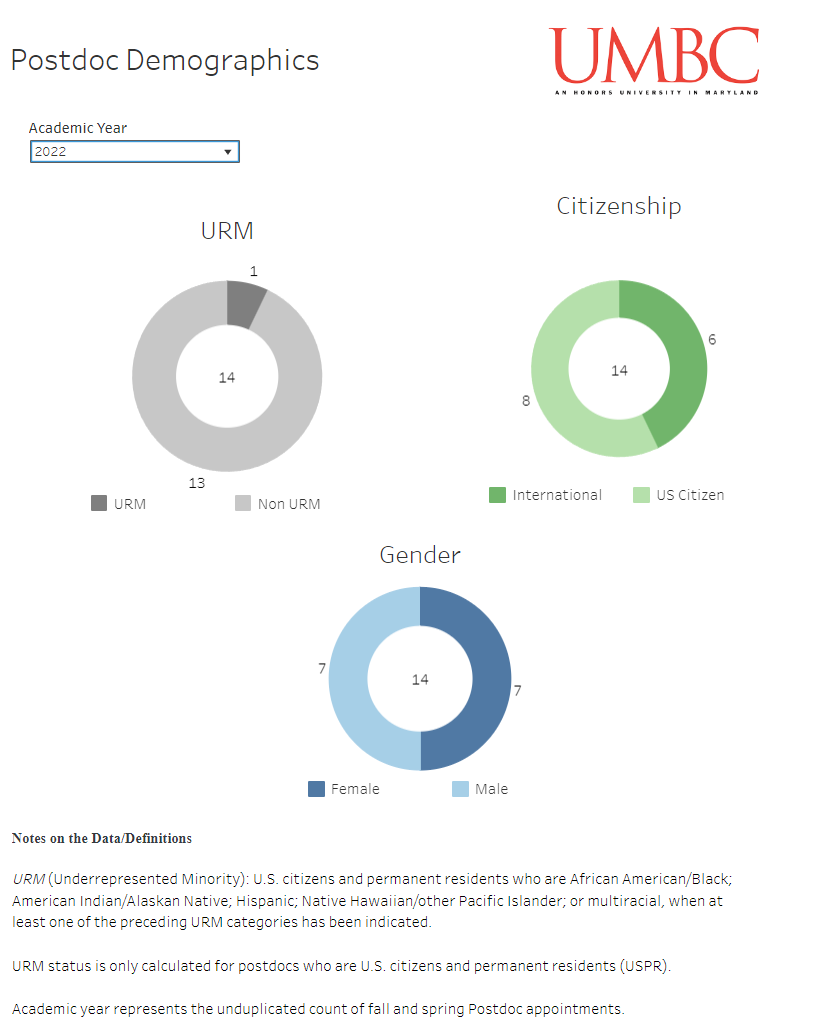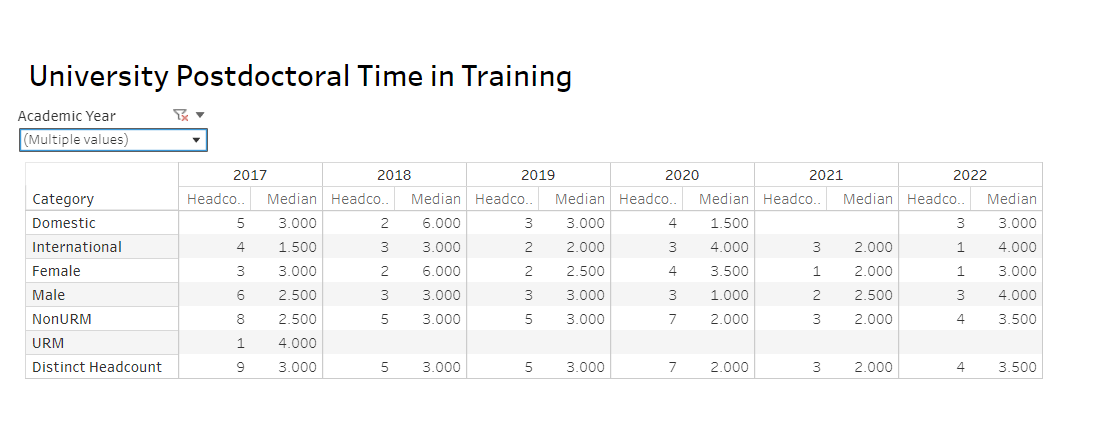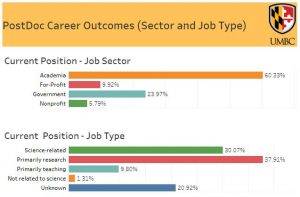UMBC joined eight other U.S. research universities and a major cancer institute in announcing plans to give would-be life scientists clear, standardized data on graduate school admissions, education and training opportunities, and career prospects. More information on the Coalition for New Generation Life Science may be found on their website, while UMBC-specific statistics on doctoral and postdoctoral programs are provided below.
Doctoral Student Statistics
Applied Developmental Psychology (CIP: 42.2703) – XLSX | PDF
Biological Sciences (CIP: 26.0101) – XLSX | PDF
Chemical Engineering (CIP: 14.0701) – XLSX | PDF
Gerontology (CIP: 30.1101) – XLSX | PDF
Human Services Psychology (CIP: 42.2889) – XLSX | PDF
Mechanical Engineering (Biomechanics Track Only) (CIP: 14.1901) – XLSX | PDF
Molecular & Cell Biology (CIP: 26.0401) – XLSX | PDF
Neuroscience (CIP: 26.1501) – XLSX | PDF
Dashboard for Ph.D. Statistics
Dashboard for Ph.D. Career Outcomes
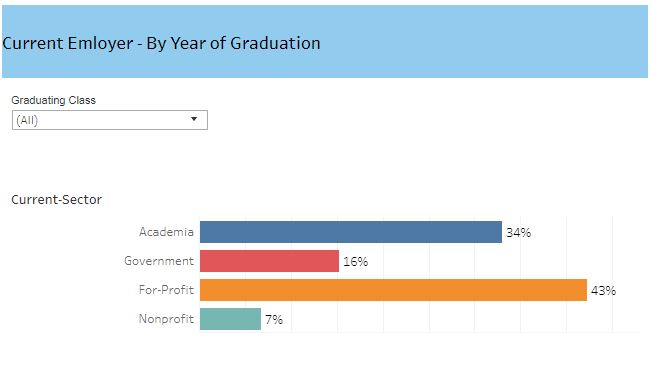
PhD Career Outcomes data may be downloaded in tabular format via PDF.
PhD Career Outcomes data for current employers per sector may be downloaded in tabular format via PDF.
PhD Career Outcomes data for the type of current employer may be downloaded in tabular format via PDF.
Postdoctoral Statistics
Data represented here includes all postdocs in departments participating in CNGLS.
Demographics
Postdoctoral data may be downloaded in tabular format via PDF.
Training
The following data represents postdoctoral time in training:
Postdoctoral Training data may be downloaded in tabular format via PDF.
Career Outcomes
Data represented here includes career outcomes for postdocs participating in CNGLS.
